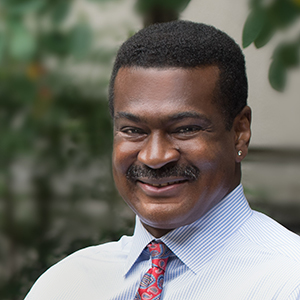
When talking about the lyrics in the song “Love’s in Need of Love Today,” Stevie Wonder said, “The concept I had in mind [when I wrote it] was that for love to be effective, it has to be fed. Love by itself is hollow.” At its heart, the song asks, “Will hatred, hunger, homelessness always exist; if there’s love in the world why do these social ills still persist; why is love still starving for itself?”
The expressions of today’s current chaotic events are showing up in real-life contexts where social isolation, racial prejudice, sexism, religious fundamentalism and other discriminatory attitudes and practices are more prevalent. These social ills create societal entropy and prevent optimal social synergy, resulting in an urgent need for social healing.
In a cascade of confusion, social healing unites us with love—holding us together and catalyzing actions that connect and celebrate our essential harmony.
The way we express love professionally is through compassion, which can be defined as “love put into action.” In Greek, compassion means “suffering with another.” In social work, compassion translates into positive thoughts and feelings that give rise to essential things in life, such as courage, hope and empowerment for our clients.
Compassionate social work practice includes an understanding of society’s collective interconnectedness and interdependence. This means we increasingly see that our survival depends on collectively addressing social problems through ever-growing forms of complex collaboration.
We know that many people who have access to social workers feel unloved, including children in the foster care system, isolated elderly people, and those alienated by their mental health illness or disability. Through research, we know there is incredible curative power in connecting with others through compassion.
In social work, we live and feel the hurt and pain, and understand that helping others and working to heal our nation can be emotional. After 30 years in the field, helping can still be very emotional. Even seasoned veterans aren’t beyond breaking down when addressing society’s social ills.
Compassion comes from the most powerful force on earth—love. Social workers have “lived experience” with the paradox of loving until it hurts; loving so deeply that we have an endless impetus to create transformational change and make the need for songs like “Love’s in Need of Love Today” obsolete.
Contact Angelo McClain at naswceo@socialworkers.org.